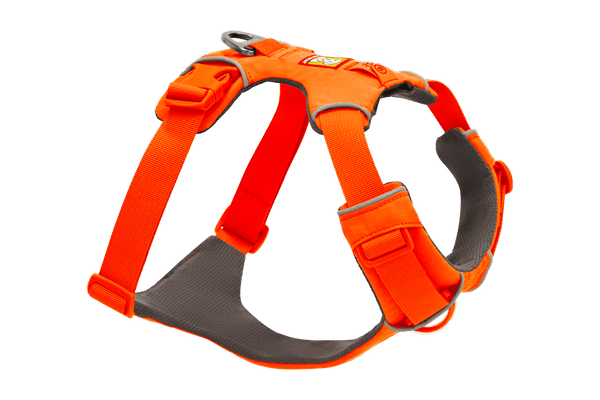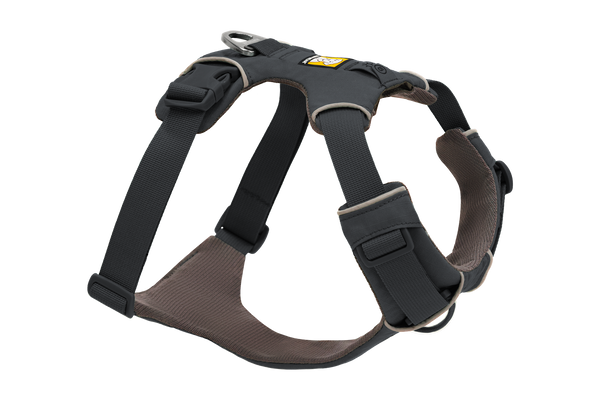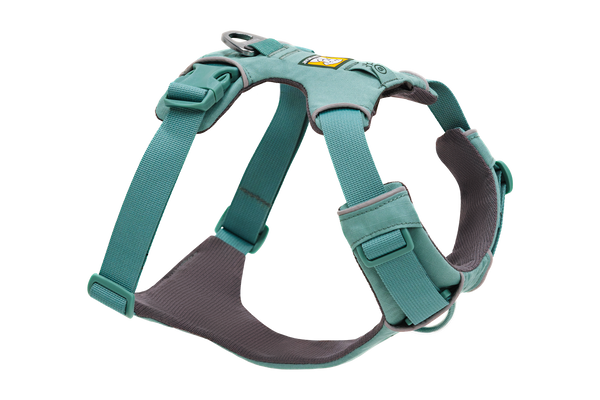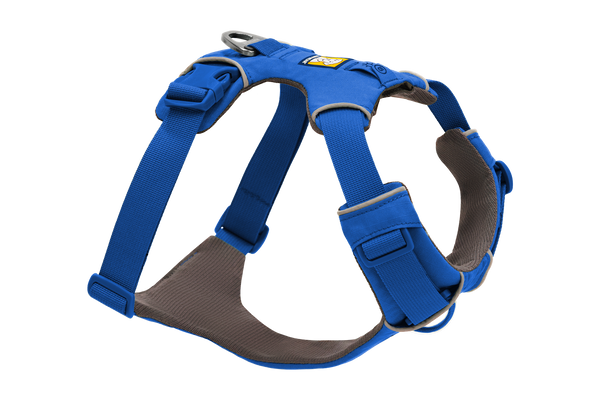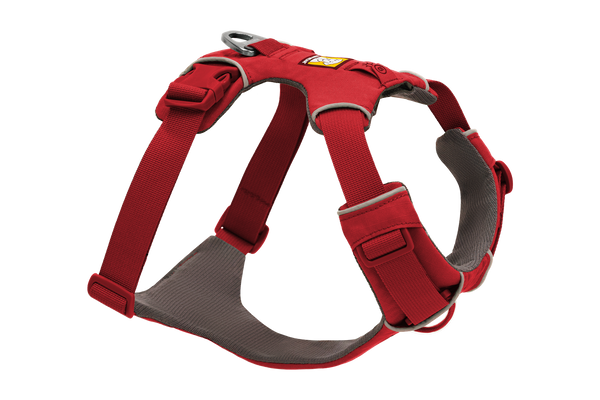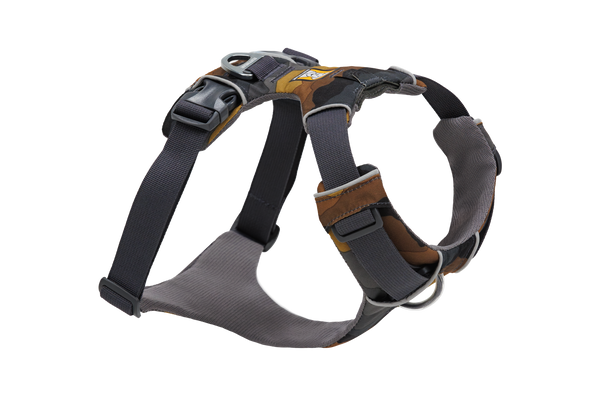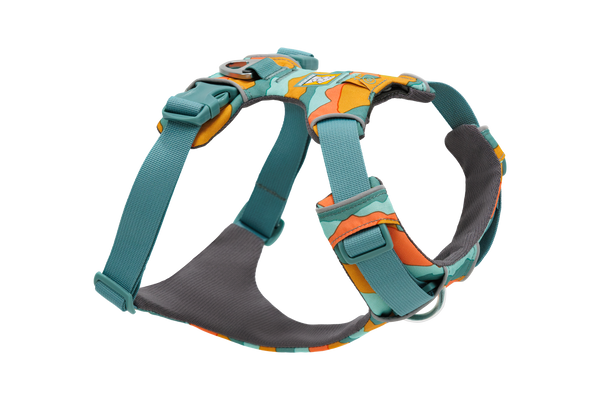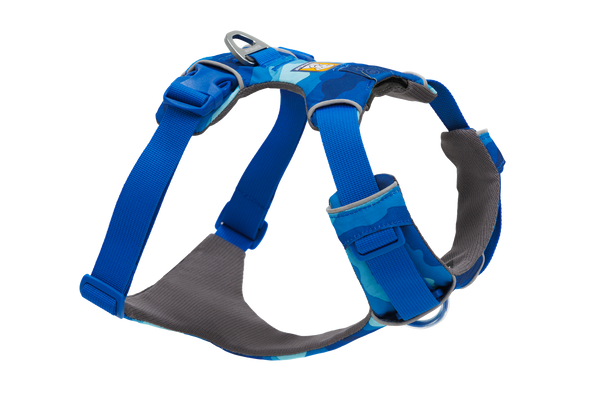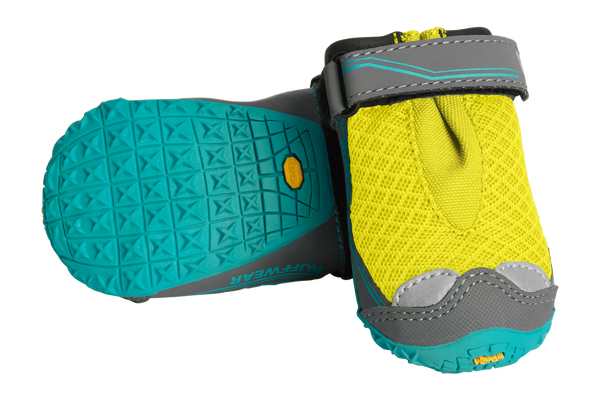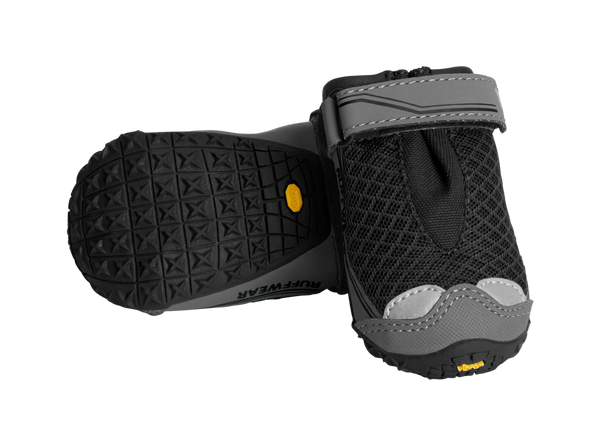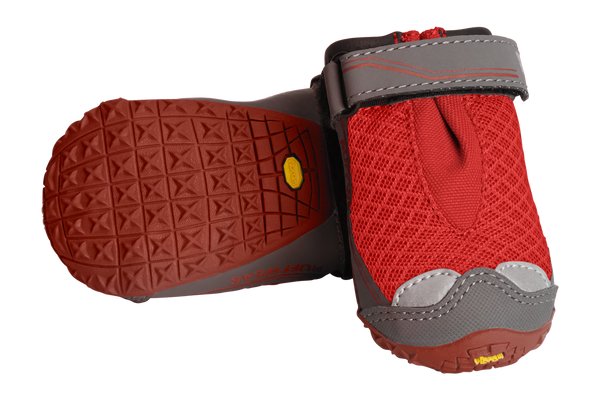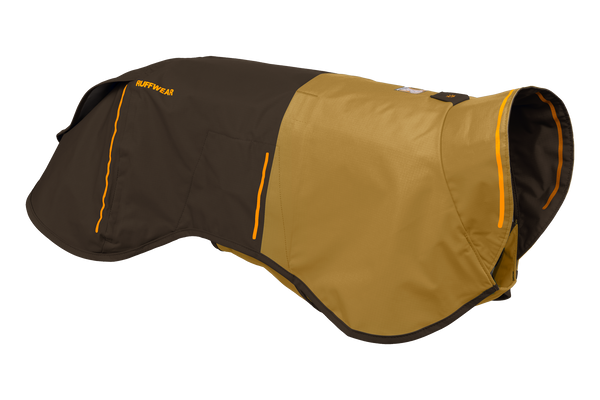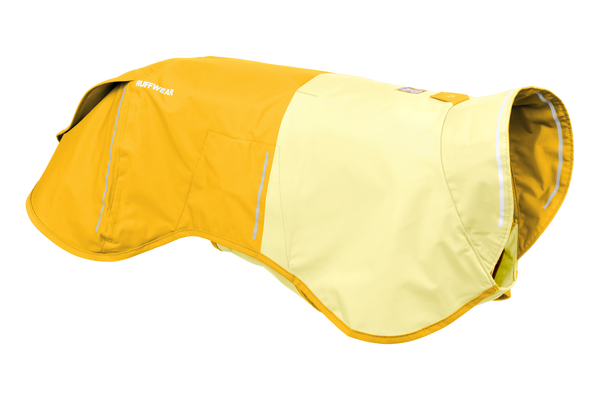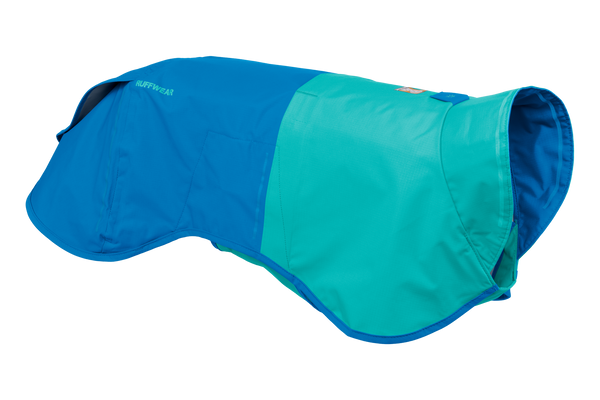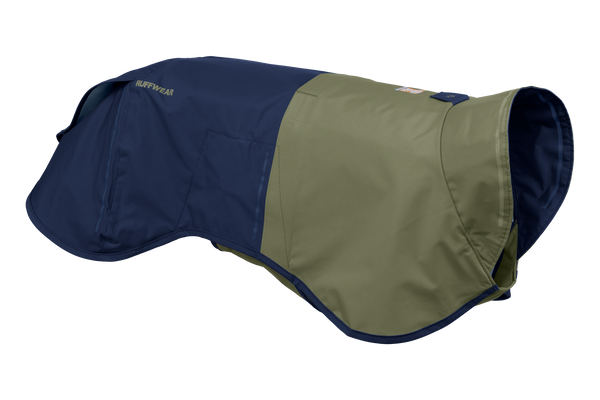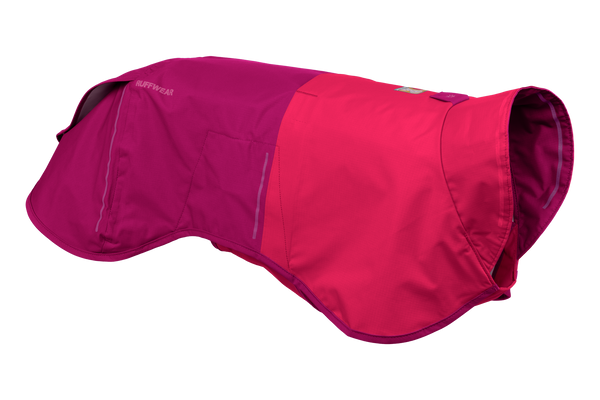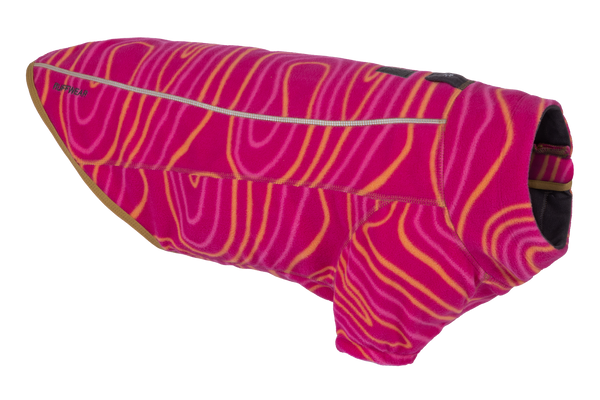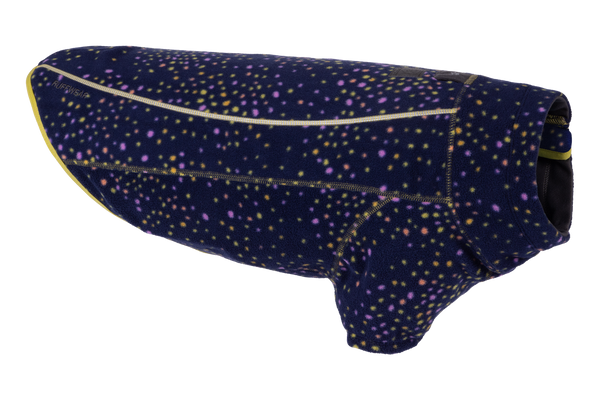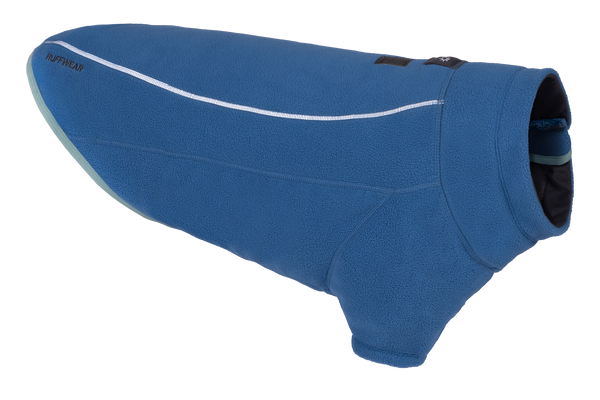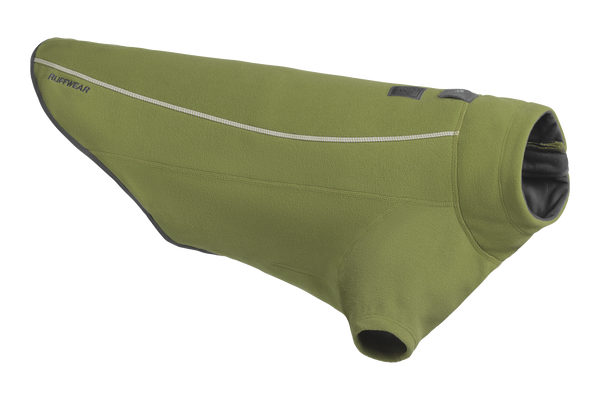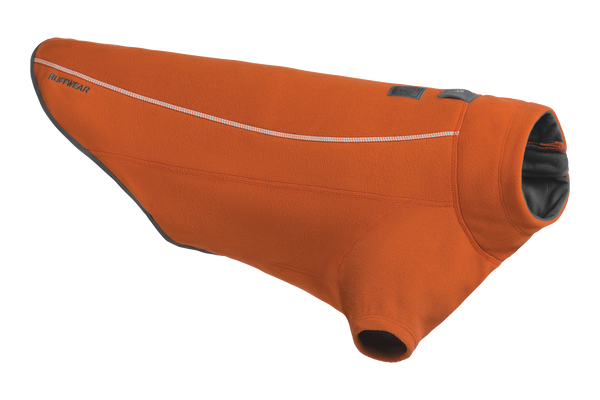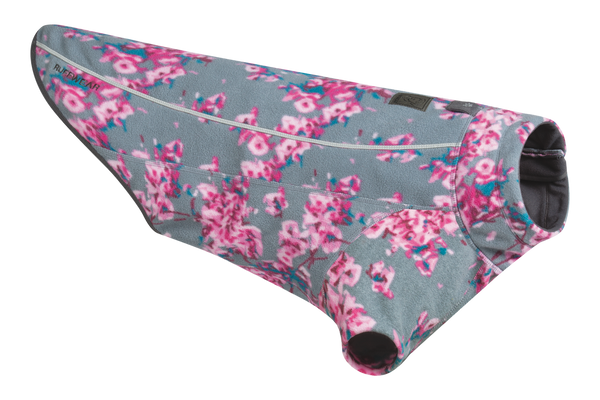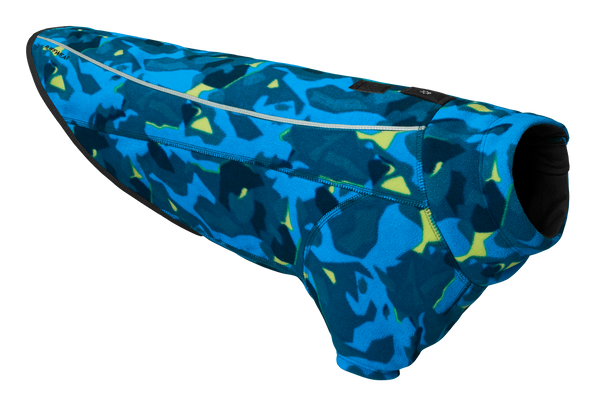Version 1.3, published January 2019 and revised with minor edits in March 2019, April 2020, and February 2021
As a condition of doing business with Ruffwear, the supplier (henceforth referred to as “Supplier”) shall implement this Code of Conduct and all applicable laws into its business. If no other Code of Conduct from a large customer is currently active for Supplier, Supplier must agree to do whatever is necessary to fully integrate this code, including the development of management systems (if they do not already exist) to oversee its consistent execution. Supplier shall voluntarily provide internal data and documentation pertaining to this code as requested by Ruffwear, and shall submit to verification methods such as first-hand monitoring and third-party auditing. Supplier shall post this Code of Conduct (or a comparable Code of Conduct from a large customer), in the language(s) of its employees, in a location(s) visible to all employees; and train employees on their rights as defined by the Code of Conduct and applicable country law.
This Code of Conduct aligns with the following Ruffwear Core Values:
- We believe in fair and equitable wages
- We believe in seeking continuous improvement in all our business practices
- We believe in a process that creates optimum working conditions for all our employees and partners around the world
- We believe in fairness, honesty, and transparency in all our business relationships
- We believe in conducting our business in a manner that in every way possible supports the community and protects the environment
Requirements of Ruffwear Code of Conduct
1. Compliance with Laws and Workplace Regulations
Supplier will comply with all laws and regulations in all locations where they conduct business.
2. Prohibition of Forced Labor
Supplier will not use any form of forced labor, including prison labor, indentured labor, bonded labor, human trafficking, slavery or other forms of forced labor. Supplier is responsible for employment eligibility fees of all workers, including recruitment fees.
3. Prohibition of Child Labor
Supplier will not hire any employee under the age of 16. If the legal age for employment is higher than 16, then the higher age shall apply. In the case of hazardous work, the minimum age of employment is 18. Applicable hazardous work is defined here as:
- working alone when the work involves an obvious risk of an accident or violence, including work with power-driven machinery
- working in an environment which exposes the young worker to harmful toxic substances that cause cancer, hereditary damage or fetal abnormalities, or substances that can have other negative effects on a person's health
- handling combustible, explosive, and easily flammable substances without direct supervision
- working in an environment exposing the young worker to harmful radiation
4. Prohibition of Harassment and Abuse
Ruffwear has a zero tolerance policy for harassment and abuse. Every person employed by Supplier shall be treated with respect and dignity. No employee shall be subject to any physical, sexual, psychological or verbal harassment or abuse. Harassment is a form of conduct that is offensive, impairs morale, undermines the integrity of employment relationships and causes serious harm to the productivity, efficiency and stability of any organization. Abuse is the escalation of harassment to the point that the behavior is cruel and potentially threatening to the victim’s physical or mental well-being.
5. Prohibition of Discrimination
Every person employed by Supplier shall not be subject to discrimination in employment, including hiring, compensation, benefits, promotion, discipline, termination or retirement on the basis of gender, gender identity, race, religion, age, disability, sexual orientation, pregnancy, marital status, nationality, political opinion, trade union affiliation, social or ethnic origin or any other status protected by country law.
6. Prohibition of Excessive Working Hours
Supplier shall not require workers to work more than the regular and overtime hours allowed by the law of the country where the workers are employed. The regular work week shall not exceed 48 hours, and Supplier shall allow workers at least 24 consecutive hours of rest in every seven-day period. All overtime work shall be consensual, not forced, and shall be compensated at a premium rate. Except in extraordinary business circumstances, the sum of regular and overtime hours in a week shall not exceed 60 hours.
7. Prohibition of Unfair or Untimely Compensation and Benefits
Supplier acknowledges that wages are essential to meeting employees’ basic needs. Employees shall be timely paid at least the minimum wage required by country law, or the prevailing industry wage, whichever is higher, and shall be provided legally mandated benefits, including holidays and leaves, and statutory severance when employment ends. Supplier shall not deduct pay for any disciplinary reason. Employees shall be compensated for overtime hours (hours beyond the regular 48-hr/week) at a premium rate set by local laws or worker union agreement. In the event that neither local laws nor a worker union agreement stipulate a premium rate, overtime hours must be compensated at a rate at least 150% of the worker’s regular rate.
8. Assurance of Worker Health and Safety
8.1 Workplace is Safe
Supplier shall provide a safe workplace setting and shall take the necessary steps to prevent accidents and injury arising out of, linked with or occurring in the course of work or as a result of the operation of Supplier’s facilities, including providing written health and safety policies and training on safety procedures. Supplier shall have systems to detect, avoid and respond to potential risks to the safety of all employees.
8.2 Dorms, Canteens and Childcare Facilities are Healthy and Safe
All facilities operated by Supplier, including residential, dining and childcare, shall be safe, hygienic, and healthy. Facilities, including childcare, must adhere to applicable country laws in regards to building construction and health and safety. Supplier must have robust safety management systems in place to reduce or eliminate safety and health risks of operating these non-manufacturing facilities.
8.3 Buildings are Fit for Purpose
Supplier’s building(s) and load bearing structures shall be constructed according to the laws of the manufacturing country, certified civil or structural engineering construction approvals or international standards.
8.4 Fire & Emergency Action Plans are In Place
Supplier shall have fire prevention and emergency action plans to protect workers during normal working operations and emergency situations. Supplier shall provide functional alarm systems to notify workers of emergencies. Safe exit routes must exist and be clearly marked for when workers need to leave the building, and safe shelter locations must be provided for when workers are required to remain in the building during emergencies.
8.5 Occupational Health and Hygiene Hazards are Controlled
Supplier shall anticipate, recognize, evaluate and control occupational health and hygiene hazards in the workplace. Supplier shall use routine monitoring and analytical methods to determine the potential health effects of hazards that are present in the workplace. Workers are not exposed to physical, chemical or biological hazards above occupational exposure limits.
Supplier shall recognize and respect the freedom of employees to exercise their lawful rights of free association and collective bargaining. Where the right to freedom of association is restricted under law, Supplier must allow their employees to express any job related grievances the employees may have with Supplier representatives, without penalty or reprisal.
10. Assurance of Sustainable Practices
Supplier shall minimize freshwater withdrawals and shall discharge wastewater in compliance with relevant local laws and regulations. Supplier shall strive to be a good water steward by understanding and managing its water risk, and by promoting the continuous reduction and efficient use of water resources in its operations.
Supplier shall properly segregate, manage, transport, and dispose of all solid/ hazardous waste in compliance with local regulations. Supplier must obtain all required permits and verify solid/hazardous waste vendors are properly qualified and licensed. Supplier shall strive to measure and continuously improve material efficiency through value added recycling of scrap materials.
Supplier shall maintain purchase records of energy and electricity, and shall implement best practices on key energy systems. Supplier shall strive to find cost-effective methods to improve energy efficiency, track and reduce greenhouse gas emissions, and use renewable energy wherever feasible.
Supplier shall characterize, routinely monitor, control and treat all air emissions of volatile organic chemicals, aerosols, corrosives, particulates, ozone depleting chemicals and combustion by-products generated from operations according to the laws of the manufacturing country prior to discharge. Supplier shall conduct routine monitoring of the performance of its air emission control systems.
Supplier shall demonstrate a consistent and competent approach to chemical inventory and restricted substance management, supported by an effective and legally compliant chemicals management program. The program must clearly identify and mitigate chemical risks to workers, the environment, and consumers by facilitating safe handling, storage, use, procurement and disposal of chemicals. Supplier’s Chemicals Management Team shall maintain consistent and adequate communication with Ruffwear in regards to any necessary documentation transference of chemistry certificates and testing reports, and compliance with the AFIRM RSL, EU REACH, EU RoHS (where applicable) and CA Prop 65 regulations.
Ruffwear does not permit subcontracting without our prior written approval. All salesman-sample and bulk production orders must be placed within facilities that have been pre-approved by Ruffwear, without exception. Supplier is required to continuously monitor approved subcontractors and sub-suppliers for social and environmental responsibility using standards that meet or exceed the Ruffwear Code of Conduct.
